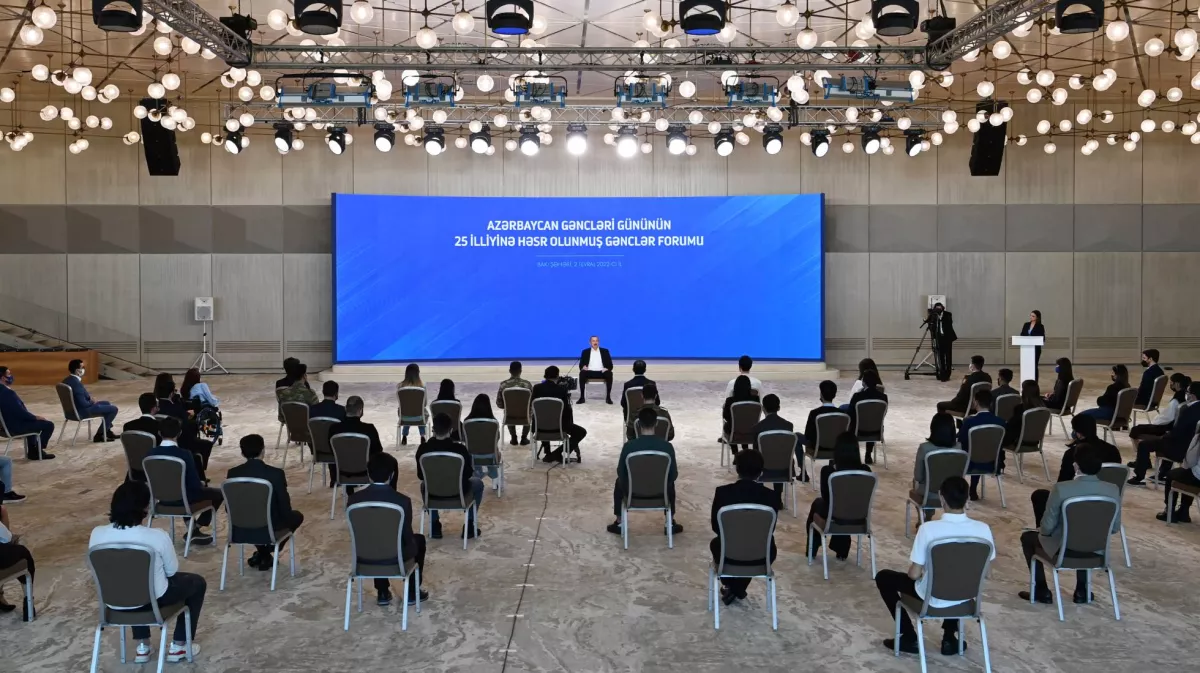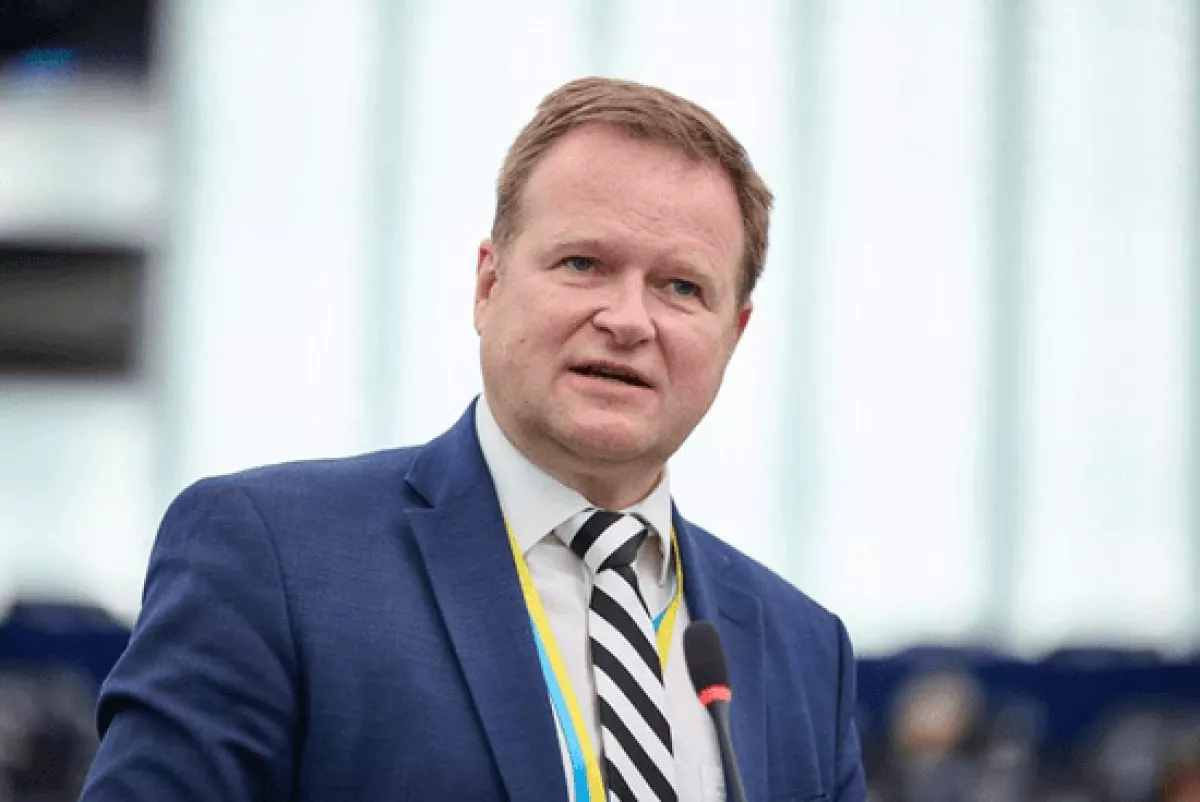Azerbaijan’s struggle against Western bias A tale of Islamophobia and double standards
The West's double standards towards Muslim countries clearly demonstrate a pattern of Islamophobia. In recent decades, racial and religious discrimination in the US and Western Europe has often been used as a means to pressure practicing Muslims. Among many Muslim-majority countries, Azerbaijan has faced particularly severe Islamophobia and double standards from the West.
This issue began in the early 1990s when Armenia occupied Azerbaijani territories. During this period, leading global powers not only ignored Yerevan's aggressive actions but actively supported them. Over the years, Russia, the United States, and other Western countries have consistently failed to condemn Armenia's aggression or demand the implementation of any of the four UN Security Council resolutions calling for the immediate withdrawal of Armenian forces from Azerbaijani territory. Unfortunately, both the United States and France have maintained their biased stance towards Azerbaijan throughout this time.
Generous financial support from the Armenian diaspora has led to the adoption of unfair anti-Azerbaijani resolutions in the US State Department, the French Senate, and the European Parliament. This biased attitude from Western institutions towards Azerbaijan is clear. The United States and France have struggled to accept that Azerbaijan has resolved the occupation of its territories through its own efforts, without relying on Paris or Washington.
The shift in regional power dynamics, following Azerbaijan's full restoration of its territorial integrity and sovereignty, has disrupted Western plans. In response, the West has continued to attempt to destabilize Azerbaijan’s internal political situation.
Organizations such as USAID, the National Endowment for Democracy (NED), and the National Democratic Institute (NDI) have been particularly active in this regard. NED, originally established by American intelligence agencies, aims to create controlled chaos under the guise of promoting democracy. It has been involved in various international upheavals, including the Ukrainian Maidan, the Kyrgyz Color Revolution, and the unrest in the Middle East, often in collaboration with the Soros Institute.
In 2011, WikiLeaks revealed that the National Endowment for Democracy had supported Arab youth movements that played a significant role in the 2011 Middle Eastern revolutions. Additionally, NED had allocated funds over the years for organizing protests in Ukraine, Armenia, and Kyrgyzstan. Media reports at the time indicated that NED had developed a special program to fund subversive activities aimed at Azerbaijan.
The WikiLeaks documents showed that NED had provided guidance on how Azerbaijani NGOs, which were marginalized by the West, should operate. It was reported that the foundation had allocated over $75,000 specifically to promote reports on corruption and human rights abuses in Azerbaijan. However, following the expulsion of Western NGOs and increased control over grant reception by complicating legal procedures, the influence of the West’s fifth column in Azerbaijan was effectively neutralized.
In response, the West continues to seek new opportunities and individuals to interfere in Azerbaijan's internal affairs. Notably, in February 2022, President Ilham Aliyev addressed these concerns in a meeting with youth, detailing the potential threats and challenges posed by attempts to organize color revolutions, rebellions, and coups. He emphasized that there are no underlying conditions for the emergence of such disruptive processes in Azerbaijan. However, he acknowledged that external forces persist in their efforts to incite chaos and unrest.

Another important aspect to consider is the destructive role played by certain European organizations, such as Parliamentary Assembly of the Council of Europe (PACE), and the European Court of Human Rights (ECHR), which reflects the West's hypocritical stance towards Azerbaijan. Due to the pervasive atmosphere of racism, Azerbaijanophobia, and Islamophobia within PACE, the Azerbaijani government suspended cooperation with the organization this January. In response, PACE refused to ratify the credentials of the Azerbaijani delegation.
Azerbaijan's firm stance against PACE highlights the country's commitment to resisting attempts to undermine its sovereignty and defend its rights against an international body that has egregiously violated principles of international diplomacy.
Due to PACE’s double standards, the organization risks losing Azerbaijan, which has made a significant contribution to cooperation and dialogue within the Council of Europe. As a result, Azerbaijan’s withdrawal from the Council of Europe could be a strong reaction from Baku to PACE's refusal to confirm the credentials of its delegation.
In February 2024, Azerbaijani President Ilham Aliyev made it clear during a meeting with Martin Chungong, Secretary General of the Inter-Parliamentary Union (IPU) that Azerbaijan would reconsider its participation in the Council of Europe and the European Court of Human Rights if PACE did not restore the rights of the Azerbaijani delegation.

Overall, it is evident that Islamophobic members of the European Parliament (EP) and PACE are using these platforms to target predominantly Muslim countries. For instance, last October, PACE threatened Türkiye with a suspension of its mandate over the arrest of Osman Kavala. Kavala, a Paris native, was accused of funding mass protests in 2013 against the demolition of Gezi Park in Istanbul and attempting to overthrow the Turkish government. In Türkiye, Kavala is often labeled as an "agent of George Soros."
This situation exemplifies how so-called "democratic institutions" in Europe interfere in the internal affairs of Turkic states that pursue independent policies without aligning with Western interests.
In light of these developments, it is crucial for countries within the Islamic world, taking cues from the close cooperation between Azerbaijan and Türkiye, to unite and counteract Western pressure. As xenophobia and racism grow globally, a stronger collective response will be necessary to resist such external pressures.








